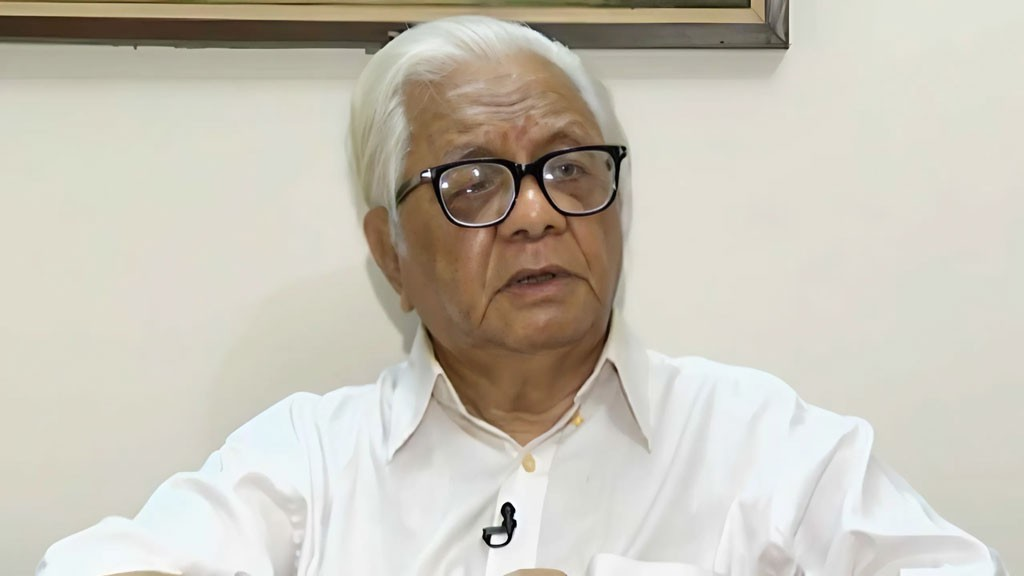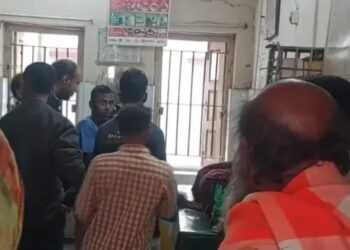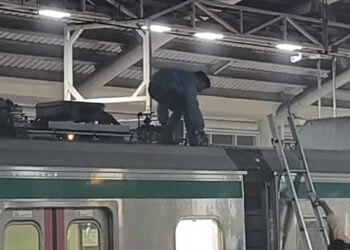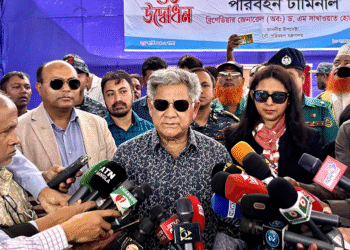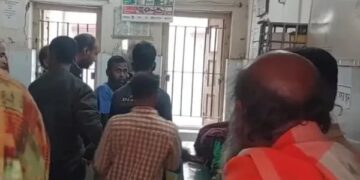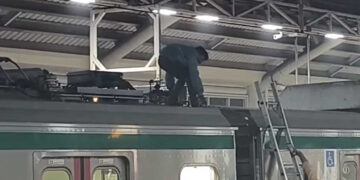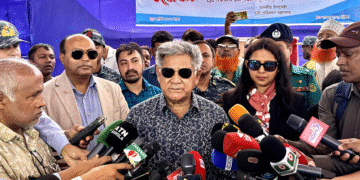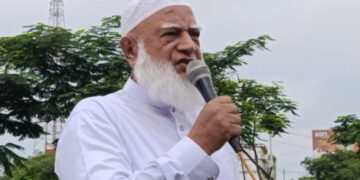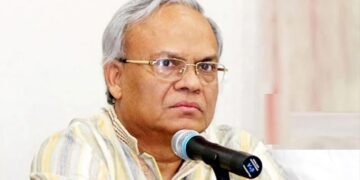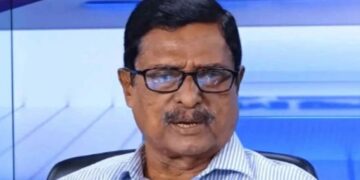Summary of Badruddin Umar’s Interview given to Ajker Patrika, where he expressed doubt about the interim government’s ability to implement reforms effectively despite being in office for nine months:
1. Can the Interim Government Achieve Reforms?
Badruddin Umar doubts the interim government’s ability to bring real reforms. Though they talk a lot about reforms and have formed commissions, nothing concrete has come out of it. This government is unelected and temporary, so it cannot implement long-term reforms. The only realistic reform it could carry out is election-related, but even that might not last beyond their tenure.
2. What Should the Government Do Now?
Umar believes the advisors make many promises but achieve very little. He notes that while the banking sector has improved slightly, other sectors show no signs of reform. He also criticizes the lack of any initiative in education and finds it odd that even student leaders didn’t demand an education reform commission.
3. Political Disagreement on Reforms
Umar points out that different political parties have conflicting views about the proposed reforms, which is natural because of their class-based politics. He thinks a non-elected government can’t resolve these differences, so the deadlock can only be broken by handing over power to an elected government.
4. BNP Wants Quick Elections—Why?
According to Umar, BNP is prepared for elections and would likely win, whereas other parties like Jamaat and NCP want to delay elections to build their strength. He calls their “reform-first” argument foolish since reforms are an ongoing process and not a reason to postpone elections.
5. Can the National Citizen Party Fulfill Public Demands?
Umar is critical of this new student-led party. He says they have no connection to workers or farmers, hold no mass rallies, and spend suspicious amounts of money without transparency. He claims their sudden wealth and flashy displays raise serious concerns about corruption and a shift in their political character.
Read More: Electric Buses Revolution in Dhaka: A Transformative Transport Project Worth Tk 2,500 Crore
6. What Will Become of Them Politically?
He thinks that if they run alone without creating alliances, they will fail and that their electoral success is questionable. Their desire for power, according to Umar, demonstrates immaturity, and they lack political knowledge and grassroots networks.
7. Is it Easy to Work for the Government?
No, says Umar. Like past governments, the interim government continues to function under the same power arrangements that benefit corporate elites. As seen by attacks on workers who were protesting, this government also favours industrialists over workers.
8. Should Parties Like Awami League Be Banned?
Umar criticizes the ban on Awami League. Though they were authoritarian and backed by India, banning them may backfire. It could make them more popular among the people and give them sympathy. Banning a party doesn’t erase its influence—sometimes, it strengthens it underground.
9. Why Isn’t Jamaat-e-Islami Also Prohibited?
According to Umar, it would also be foolish to outlaw Jamaat. Because of their current level of activity and power, banning them might cause instability. While right-wing movements like Jamaat have expanded, left-wing parties have largely stagnated despite post-uprising optimism.
10. Hefazat’s Abuse of Women Reformers
Umar condemns Hefazat-e-Islam’s misogynistic remarks. He says patriarchy and hatred toward women have deep roots in society, especially from old Hindu customs, like restrictions on widows and the idea that women are inferior. He blames both religious and social traditions for this backwardness.
Source: Ajker Patrika

